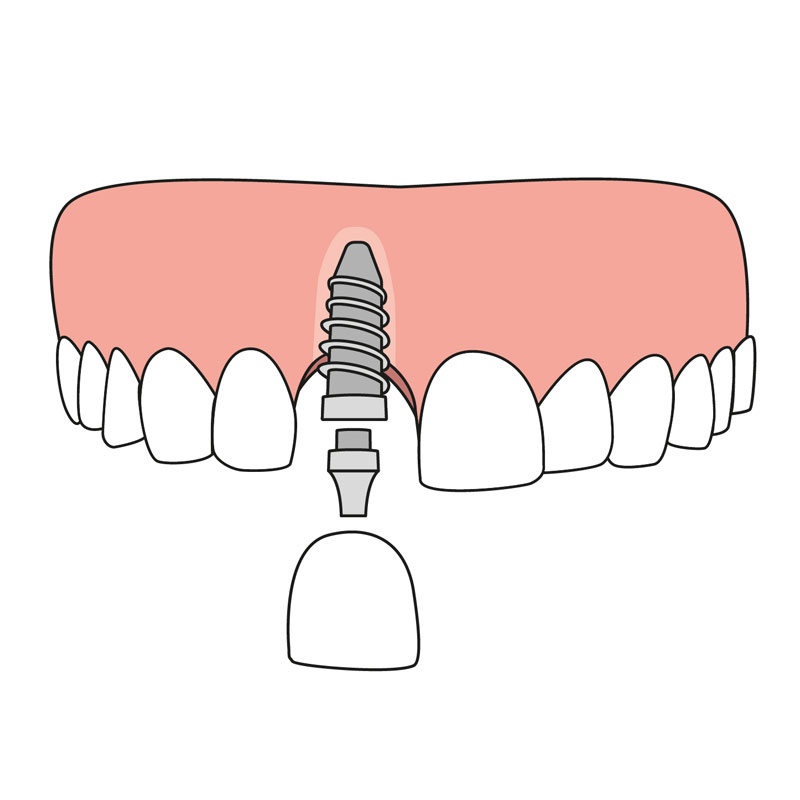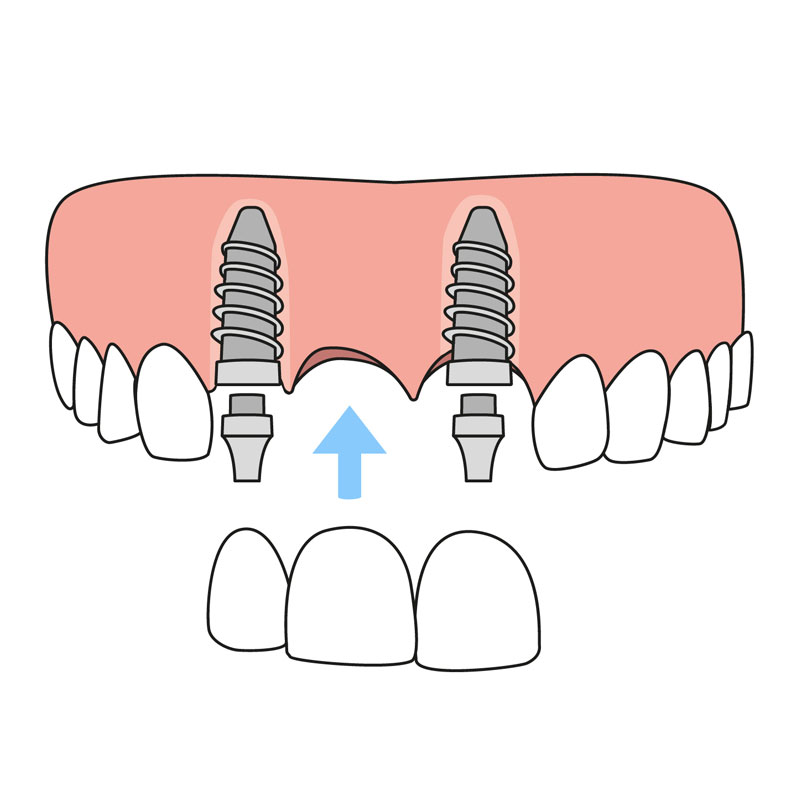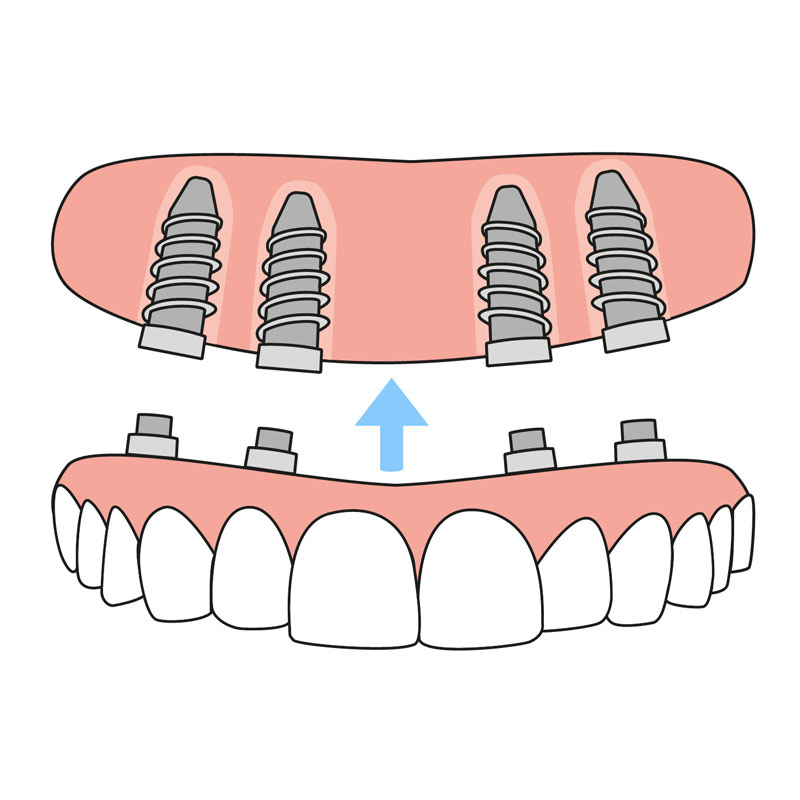Replacing A Missing Tooth Or Several Teeth
Dental Implants Gold Coast
Amazing Smiles implant dentists in Nerang provide high-quality dental implant solutions for those who have lost one or more teeth. Our durable titanium implants are permanently integrated with your jawbone.
We are a trusted provider of affordable dental implants in the Gold Coast area and offer flexible payment plans through NDP (Humm), Zip, and Afterpay. As private health preferred providers, we ensure you receive excellent dental care that fits your financial needs. SuperCare options for accessing superannuation for restorative dental work are also available.
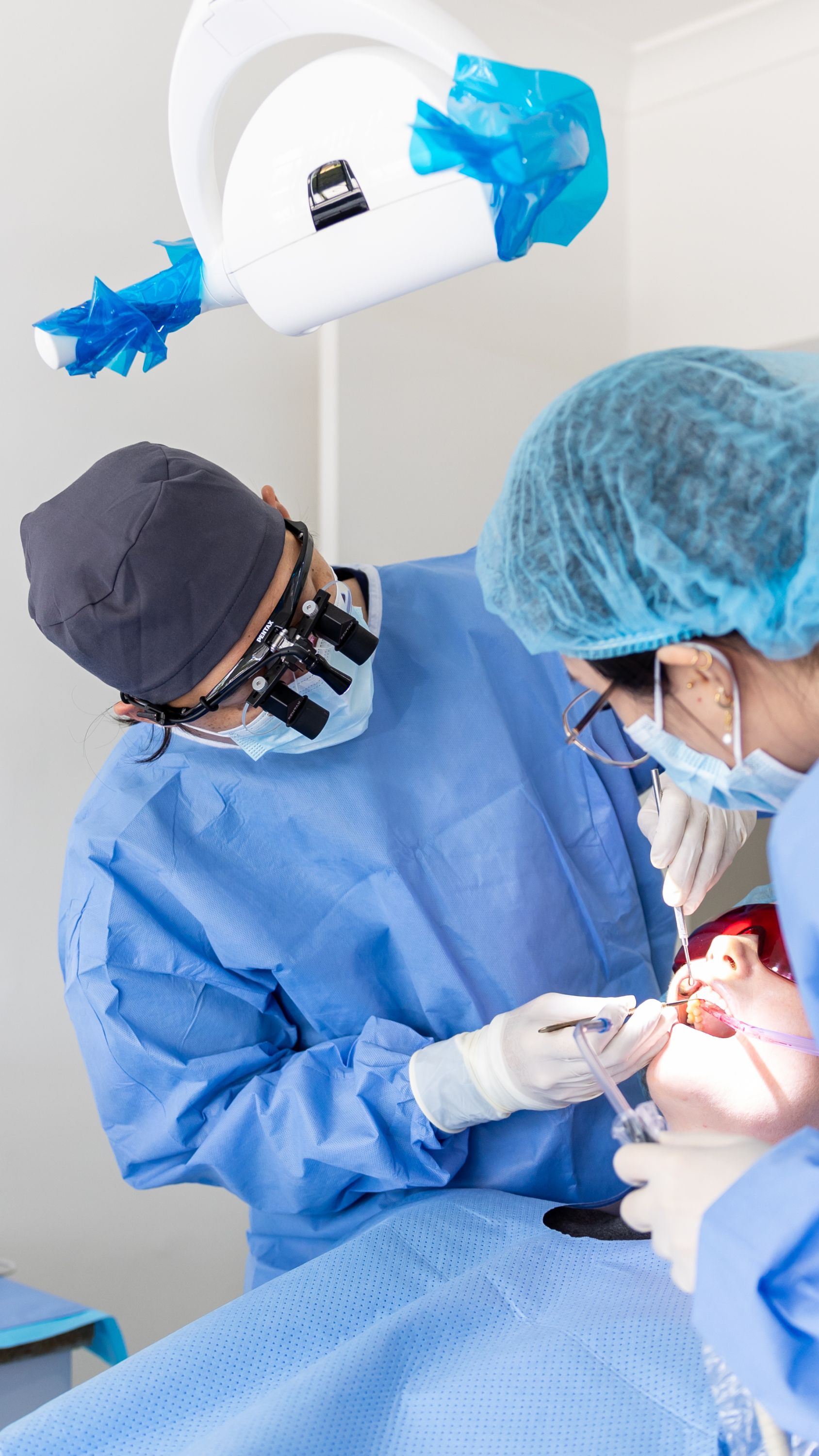


Our Gold Coast Dentists Are Proud Preferred Providers With The Following Health Funds

What to Know About The Tooth Implant Process
Dental Implant Procedure

Implant Insertion

Healing Process

Dental Abutment Placed on Implant

Ceramic Crown Placed as Real Tooth
Make Your Smile Healthy!Remarkable!Unforgettable!Stand Out!Shine!Amazing!
Full comprehensive implant dentistry on the Gold Coast
Why Choose Amazing Smiles Dental Implants Gold Coast?
When selecting a provider for dental implant services, Amazing Smiles is a top choice on the Gold Coast for several reasons.
We offer exceptional care with advanced dental technology and a skilled team that ensures every procedure meets the highest standards. Our focus on excellence is clear from the initial consultation to recovery.
At Amazing Smiles on the Gold Coast, we prioritise personalised care. Each treatment plan is tailored to the individual needs of our patients, and our cosmetic dentists help you explore all available options to make informed decisions.
Patient comfort and satisfaction are our priorities. We create a welcoming, stress-free environment, ensuring that our patients feel at ease throughout their journey with us.
Additionally, we provide flexible scheduling and affordable pricing to make dental implants more accessible, allowing more people to benefit from our services.
Choosing Amazing Smiles dental implants Gold Coast means trusting your smile to a caring team with a proven track record of success. We are dedicated to helping you achieve the beautiful, healthy smile you deserve.
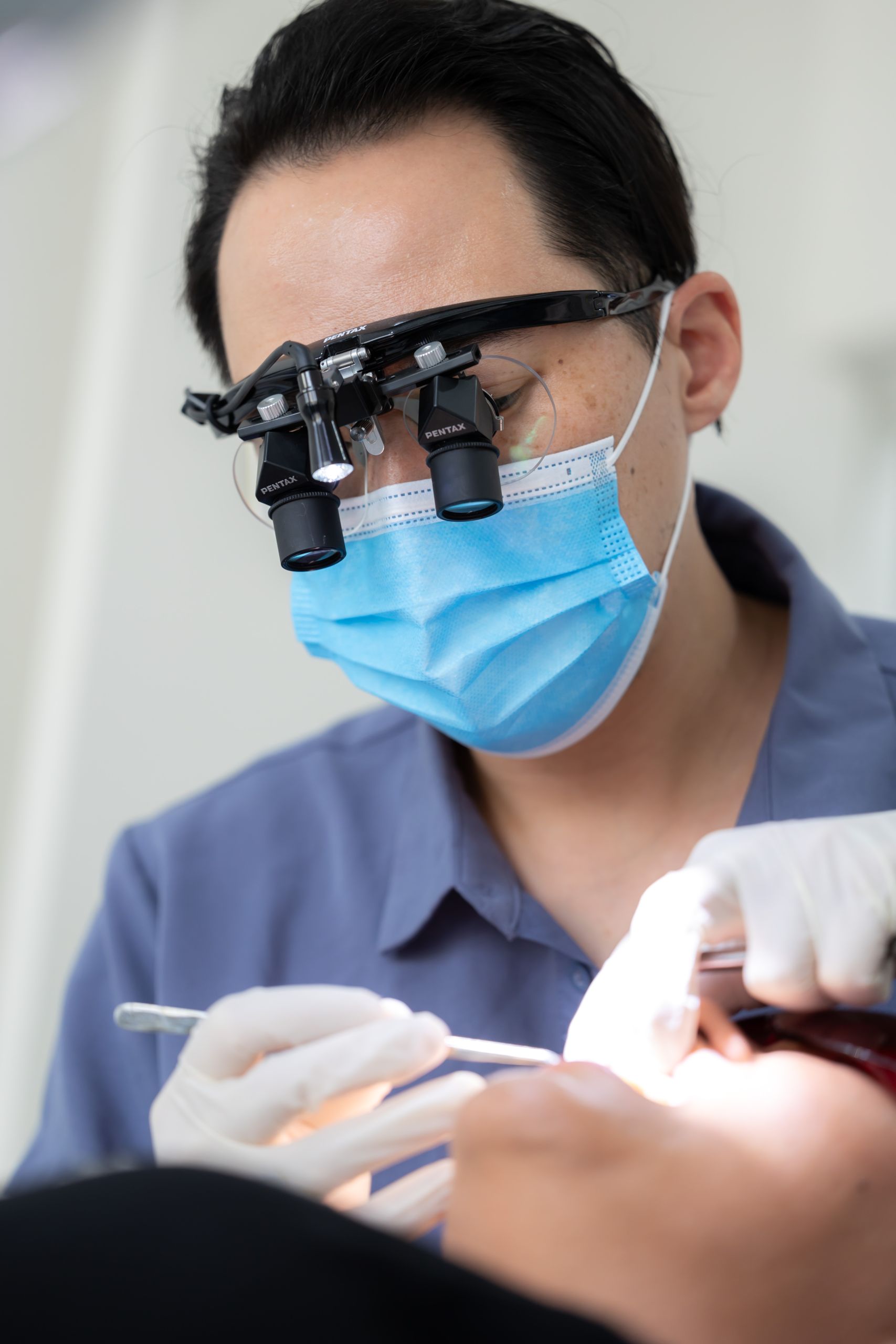
What are the benefits of dental impants?
Dental implants are an effective solution for restoring your smile after tooth loss. They provide a strong, stable foundation for replacement teeth that mimic the appearance and feel of natural teeth. Unlike dentures or bridges, which can shift, dental implants are securely anchored in the jawbone, ensuring stability and comfort that improve chewing and speaking while boosting your confidence.
A major advantage of dental implants is their benefit to oral health. They replace the root structure of missing teeth, preserving jawbone integrity and preventing deterioration, while also supporting adjacent teeth to prevent shifting.
With proper care, dental implants can last a lifetime, making them more cost-effective than traditional bridges or dentures that need regular replacement. They do not require grinding down nearby teeth, preserving your natural tooth structure.
Aesthetically, dental implants integrate seamlessly with your existing teeth, matching their colour, shape, and size for a natural look that enhances your smile.
In summary, dental implants are a durable, attractive, long-term solution for tooth replacement that benefits your oral health. Contact Amazing Smiles Dental Implants Gold Coast today for a free consultation and to create your personal treatment plan.
What to expect when getting a dental implant?
The dental implant procedure is a multi-step process to replace missing teeth with artificial ones.
First, a thorough assessment, including exams and X-rays, determines if you’re a good candidate for implants. The initial step involves placing the implant into the jawbone under local anesthesia, which acts as the root for the artificial tooth. It takes several months for the implant to fuse with the bone, a process called osseointegration.
Once bonded, a minor procedure attaches an abutment to the implant. After the gum tissue heals, impressions are taken to create a custom crown. Finally, the crown is placed on the abutment, ensuring a proper fit with surrounding teeth. This provides a stable and durable tooth replacement that can last a lifetime with proper care.
For more information, contact Amazing Smiles Dental Implants Gold Coast. We’re here to help with your questions and oral health needs.
Why replace a lost tooth?
Replacing a lost tooth is crucial for oral health and overall well-being. A missing tooth can cause nearby teeth to shift, leading to misalignment of the bite and increasing the risk of decay and gum disease in hard-to-clean areas.
It can also lead to deterioration of the jawbone, as tooth roots stimulate the bone. Without this stimulation, the bone weakens, which can change your facial structure and lead to further oral health issues.
Additionally, a missing tooth can affect self-confidence and quality of life, making you feel self-conscious in social and professional situations.
In short, replacing a lost tooth is essential for maintaining dental alignment, jawbone health, preventing complications, and boosting self-confidence.

Accessing Superannuation for Dental Implants with SuperCare
Many patients struggle with the cost of dental implants, but SuperCare allows eligible individuals to access their superannuation funds early for major dental procedures. This service helps cover the cost of dental implants, making it easier for you to focus on your treatment rather than financial concerns.
Benefits of Using SuperCare for Dental Implants:
- Access superannuation funds without upfront costs
- Restore your ability to chew, speak, and smile confidently
- Improve your long-term oral and overall health
- Get expert care from experienced implant dentists on the Gold Coast
- Begin treatment sooner with financial peace of mind
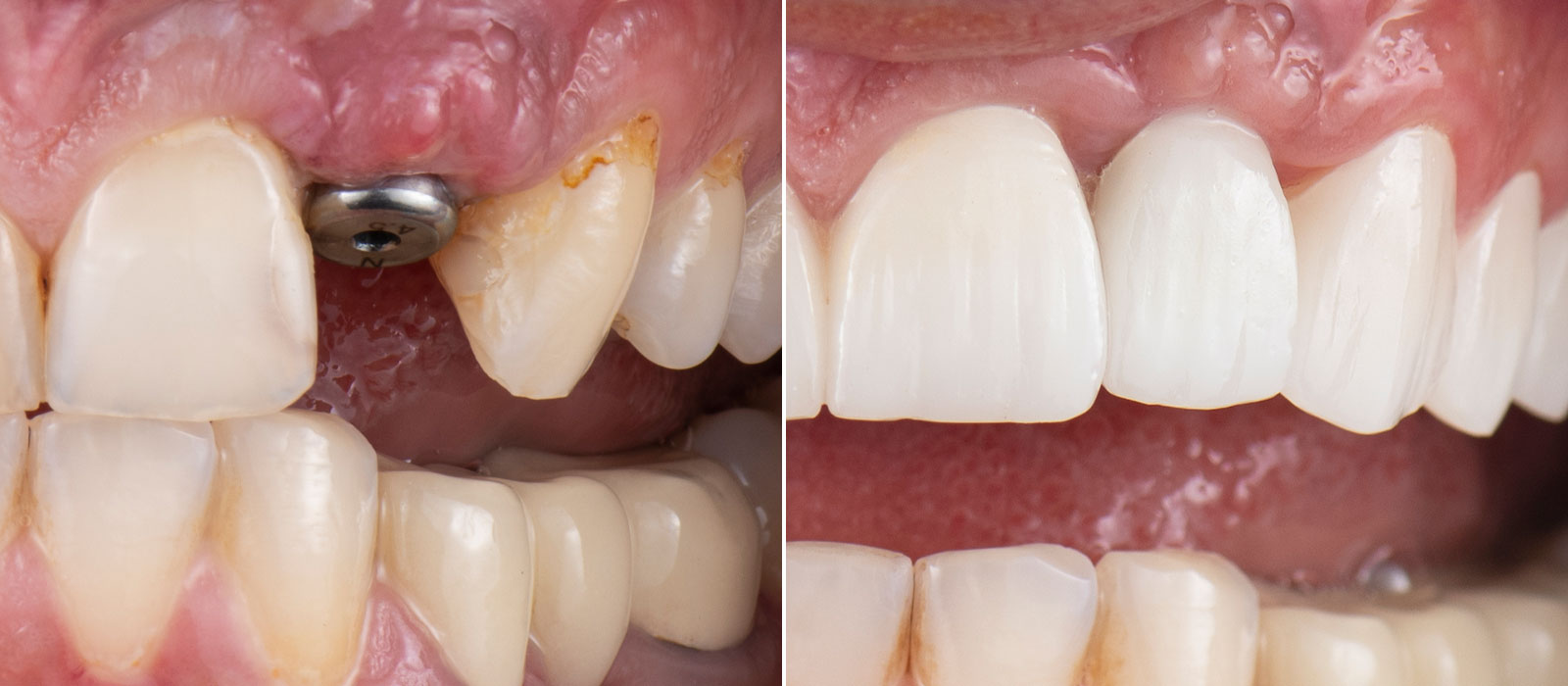
At Amazing Smiles Dentist Gold Coast, dental implants start from $4,500 per tooth. This price includes the implant fixture, abutment, and dental crown.
However, it’s important to understand that the final cost of a dental implant can vary depending on several individual factors based on the each individuals specific treatment requirements.
Below is a list of item numbers associated with dental implant procedures, along with their descriptions (treatments may differ based on patients’ needs):
- 661 – Fitting of Implant Abutment – Per Abutment
This procedure involves attaching the abutment, which connects the dental implant to the final prosthesis, such as a crown or bridge. - 663 – Removal of Implant and/or Retention Device
This refers to the surgical removal of a dental implant or its associated retention components when necessary. - 664 – Fitting of Bar for Denture – Per Abutment
In this procedure, a bar is attached to multiple implants to support a denture, providing enhanced stability and retention. - 665 – Prosthesis with Resin Base Attached to Implants – Removable – Per Arch
This involves creating and fitting a removable denture with a resin base that attaches securely to dental implants. - 666 – Prosthesis with Metal Frame Attached to Implants – Fixed – Per Arch
This procedure entails fabricating and placing a fixed prosthesis with a metal framework that is anchored to dental implants. - 668 – Fixture or Abutment Screw Removal and Replacement
This involves removing and replacing the screw that secures the implant fixture or abutment, often due to wear or complications. - 669 – Removal and Reattachment of Prosthesis Fixed to Implant(s) – Per Implant
This refers to detaching and then reattaching a prosthesis that is fixed to implants, typically for maintenance or adjustments. - 671 – Full Crown Attached to Implant – Non-Metallic – Indirect
This procedure involves creating and attaching a non-metallic (e.g., ceramic) full crown to an osseointegrated implant. - 672 – Full Crown Attached to Implant – Veneered – Indirect
This entails fabricating and attaching a veneered crown, which combines a metal base with a tooth-colored overlay, to an implant. - 673 – Full Crown Attached to Implant – Metallic – Indirect
This involves creating and attaching a full metal crown to an osseointegrated implant. - 678 – Diagnostic Template
This refers to the creation of a guide used during the planning phase of implant placement to ensure accurate positioning. - 679 – Surgical Implant Guide
This involves fabricating a custom guide to assist in the precise surgical placement of dental implants. - 684 – Insertion of First Stage of Two-Stage Implant – Per Implant
This procedure is the initial surgical placement of a two-stage implant, where the implant is placed into the bone and covered with gum tissue to heal. - 688 – Insertion of One-Stage Implant – Per Implant
This refers to the surgical placement of a one-stage implant, where the implant and healing abutment are placed simultaneously, allowing the gum to heal around the abutment. - 689 – Provisional Implant
This involves placing a temporary implant to maintain aesthetics and function during the healing period before the final implant is placed. - 691 – Second Stage Surgery of Two-Stage Implant – Per Implant
This procedure entails surgically exposing the implant after the initial healing period to attach the abutment and proceed with prosthetic restoration.
Understanding these item numbers can help patients and practitioners navigate treatment plans and health insurance claims more effectively.
Complexity of the Case
Some patients may require additional procedures before the implant can be placed. These may include:
- Bone grafting for insufficient jawbone support
- Sinus lift surgery (for upper jaw implants)
- Tooth extractions These treatments add to the overall cost but are often essential for long-term success.
Materials and Technology
Implants can be made from different materials, such as titanium or zirconia. Premium options and modern surgical techniques like guided implant surgery can influence the price.
Experience of the Dental Team
Costs may also reflect the expertise of the dentist or oral surgeon performing the procedure. At Amazing Smiles, our dental professionals have extensive training in implant dentistry and use advanced technology for precision and comfort.
Type of Restoration Used
The final crown or prosthetic may be made of ceramic, porcelain-fused-to-metal, or zirconia. Custom aesthetics and laboratory fees affect pricing depending on the choice of material and complexity of the restoration.
Location and Clinic Facilities
Pricing often reflects the clinic’s operational costs, including staff, equipment, and post-surgical care. Practices that offer premium facilities or are located in metropolitan areas may charge more.
Medicare generally does not cover dental implants, as they are typically classified as elective or cosmetic procedures rather than essential medical treatments.
This means that, in most cases, you will need to pay for dental implants out of pocket, as part of your health fund or seek alternative funding options.
During The Procedure
Getting a dental implant is generally not painful during the procedure, thanks to local anaesthesia. Most patients find it more comfortable than expected, often likening it to having a tooth extracted.
Post Procedure
During the procedure, the area is numbed so that you won’t feel pain, just some pressure. Afterwards, you may experience mild to moderate discomfort, swelling, bruising, and minor bleeding. These symptoms usually peak within 48 hours and can be managed with over-the-counter pain relief.
Pain Management and Recovery
Most patients return to work within a day or two, depending on the procedure’s complexity. Following your dentist’s advice, such as eating soft foods and avoiding strenuous activity, can help ensure a smooth recovery. At Amazing Smiles, your comfort is our priority.
The time a patient may be without a tooth during dental implant treatment can vary. An implant may be placed immediately after tooth extraction, a procedure known as immediate placement, minimising tooth loss. Alternatively, a healing period of 3 to 6 months may be needed for the implant to integrate with the jawbone (osseointegration) before the final crown is added. During this healing phase, patients usually receive a temporary denture or provisional solution to maintain their smile and support chewing.
Choosing between a dental implant and a bridge depends on your dental needs and goals.
Dental Implants: Advantages
- Preserves Natural Teeth: Implants are standalone and don’t affect neighbouring teeth.
- Prevents Bone Loss: They stimulate the jawbone, preventing deterioration after tooth loss.
- Long-Lasting: With proper care, they can last for decades.
- Natural Look: Implants mimic natural teeth in appearance and function.
Dental Bridges: When Preferred
- Quicker Treatment: Usually completed in weeks, while implants may take months.
- Suitable for Limited Bone: A bridge can be more practical if bone grafting isn’t an option.
- Lower Cost: Bridges typically cost less initially but may need replacement every 10–15 years.
Considerations
Implants are great for long-term replacement and preserving the jawbone. Bridges work well for quicker, non-surgical solutions.
At Amazing Smiles Dental Implants Gold Coast, we offer assessments to help you choose the best option for your needs. Book your consultation today!

